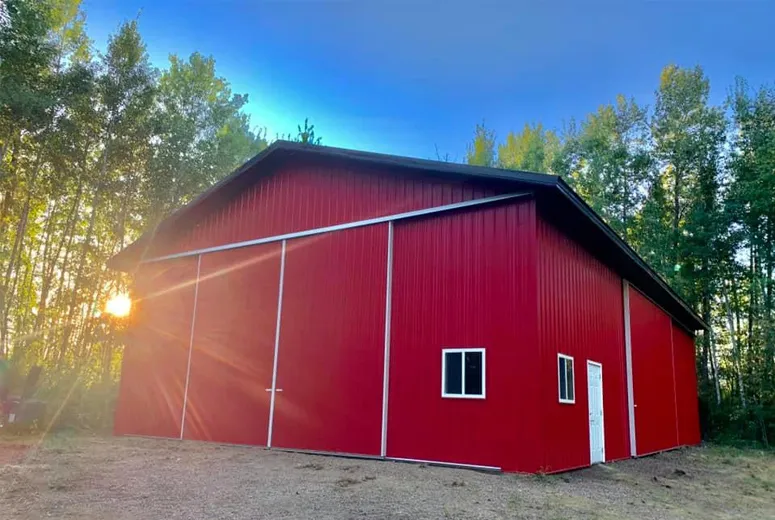- Afrikaans
- Albanian
- Amharic
- Arabic
- Armenian
- Azerbaijani
- Basque
- Belarusian
- Bengali
- Bosnian
- Bulgarian
- Catalan
- Cebuano
- Corsican
- Croatian
- Czech
- Danish
- Dutch
- English
- Esperanto
- Estonian
- Finnish
- French
- Frisian
- Galician
- Georgian
- German
- Greek
- Gujarati
- Haitian Creole
- hausa
- hawaiian
- Hebrew
- Hindi
- Miao
- Hungarian
- Icelandic
- igbo
- Indonesian
- irish
- Italian
- Japanese
- Javanese
- Kannada
- kazakh
- Khmer
- Rwandese
- Korean
- Kurdish
- Kyrgyz
- Lao
- Latin
- Latvian
- Lithuanian
- Luxembourgish
- Macedonian
- Malgashi
- Malay
- Malayalam
- Maltese
- Maori
- Marathi
- Mongolian
- Myanmar
- Nepali
- Norwegian
- Norwegian
- Occitan
- Pashto
- Persian
- Polish
- Portuguese
- Punjabi
- Romanian
- Russian
- Samoan
- Scottish Gaelic
- Serbian
- Sesotho
- Shona
- Sindhi
- Sinhala
- Slovak
- Slovenian
- Somali
- Spanish
- Sundanese
- Swahili
- Swedish
- Tagalog
- Tajik
- Tamil
- Tatar
- Telugu
- Thai
- Turkish
- Turkmen
- Ukrainian
- Urdu
- Uighur
- Uzbek
- Vietnamese
- Welsh
- Bantu
- Yiddish
- Yoruba
- Zulu
Aug . 13, 2024 11:42 Back to list
The Rise of Industrial Warehouse Construction Trends and Innovations
In recent years, the industrial sector has witnessed rapid growth, particularly in warehouse construction. As e-commerce expands and supply chain dynamics evolve, the demand for modern industrial warehouses has surged, making it a crucial focus for developers, investors, and businesses alike. This article delves into the current trends and innovations in industrial warehouse construction, shedding light on why this sector is a focal point for economic development.
Rising Demand for Warehousing Space
The global shift towards e-commerce has revolutionized the way goods are stored and distributed. Online shopping not only requires efficient storage solutions but also mandates swift logistics to ensure timely deliveries. Consequently, companies are seeking larger and more strategically located warehouses that can accommodate an extensive range of products while being equipped for rapid order fulfilment. As retailers and manufacturers adapt to consumer demands for immediate gratification, the need for new, technologically advanced warehouses has soared.
Key Trends in Warehouse Construction
1. Sustainability In an age where environmental concerns are at the forefront, sustainable construction practices have become a dominant trend in warehouse development. Green building materials, energy-efficient designs, and solar panels are increasingly being incorporated into new constructions. Developers are also focusing on creating spaces that minimize their carbon footprint, with features like proper insulation and rainwater harvesting systems becoming standard.
2. Automation and Technology Integration The integration of technology into industrial warehouses is transforming operations. Automated systems such as robotic shelving, conveyor belts, and automated guided vehicles (AGVs) are enhancing efficiency and reducing labor costs. Furthermore, warehouses are now equipped with advanced software solutions for inventory management, tracking shipments in real time, and optimizing storage layouts to maximize space.
industrial warehouse construction

3. Flexible Designs As market demands fluctuate, the need for flexible warehouse spaces has emerged. Developers are designing warehouses that can adapt to varying storage needs and can be easily modified for different types of operations. This flexibility is essential for businesses that operate in diverse sectors or those that anticipate rapid growth.
4. Strategic Locations The location of warehouses has never been more critical. Proximity to transportation hubs such as highways, ports, and airports can significantly reduce delivery times and costs. Urban areas are seeing a trend of “last-mile” fulfillment centers, allowing businesses to store products closer to consumers, thereby enhancing delivery efficiency.
Innovations Shaping the Future
Building information modeling (BIM) and augmented reality (AR) are two innovations revolutionizing the design and construction phases of warehouse projects. BIM allows for detailed planning and visualization of warehouse layouts, ensuring that all aspects of construction are optimized for functionality and efficiency. AR tools can enhance the construction process by providing real-time data overlays, which help in monitoring progress and ensuring quality control.
Additionally, the concept of ‘smart warehouses’ is gaining traction. These facilities utilize the Internet of Things (IoT) to connect machinery and systems, enabling a seamless flow of information. Smart sensors can monitor inventory levels, track equipment performance, and even predict maintenance needs, leading to reduced operational downtime.
Conclusion
The industrial warehouse construction sector is at a pivotal juncture, driven by the ever-increasing demands of e-commerce and advancements in technology. As sustainability, flexibility, and automation take center stage, developers are poised to adapt to these changes, leading to more efficient and eco-friendly warehouses. The future of industrial warehouses looks promising, with innovations paving the way for a more streamlined and responsive supply chain, ultimately benefiting businesses and consumers alike.
-
Steel Frame Modular Construction for Housing
NewsAug.07,2025
-
Steel Construction Factory Processes
NewsAug.07,2025
-
Portal Frame Shed for Sale: Delivery Options
NewsAug.07,2025
-
Metal Workshops for Sale: Insulation Solutions
NewsAug.07,2025
-
Metal Steel Building Manufacturers: Post-Construction Services
NewsAug.07,2025
-
Metal Garage Shed Kits: Size Options
NewsAug.07,2025
Products categories
Our Latest News
We have a professional design team and an excellent production and construction team.











